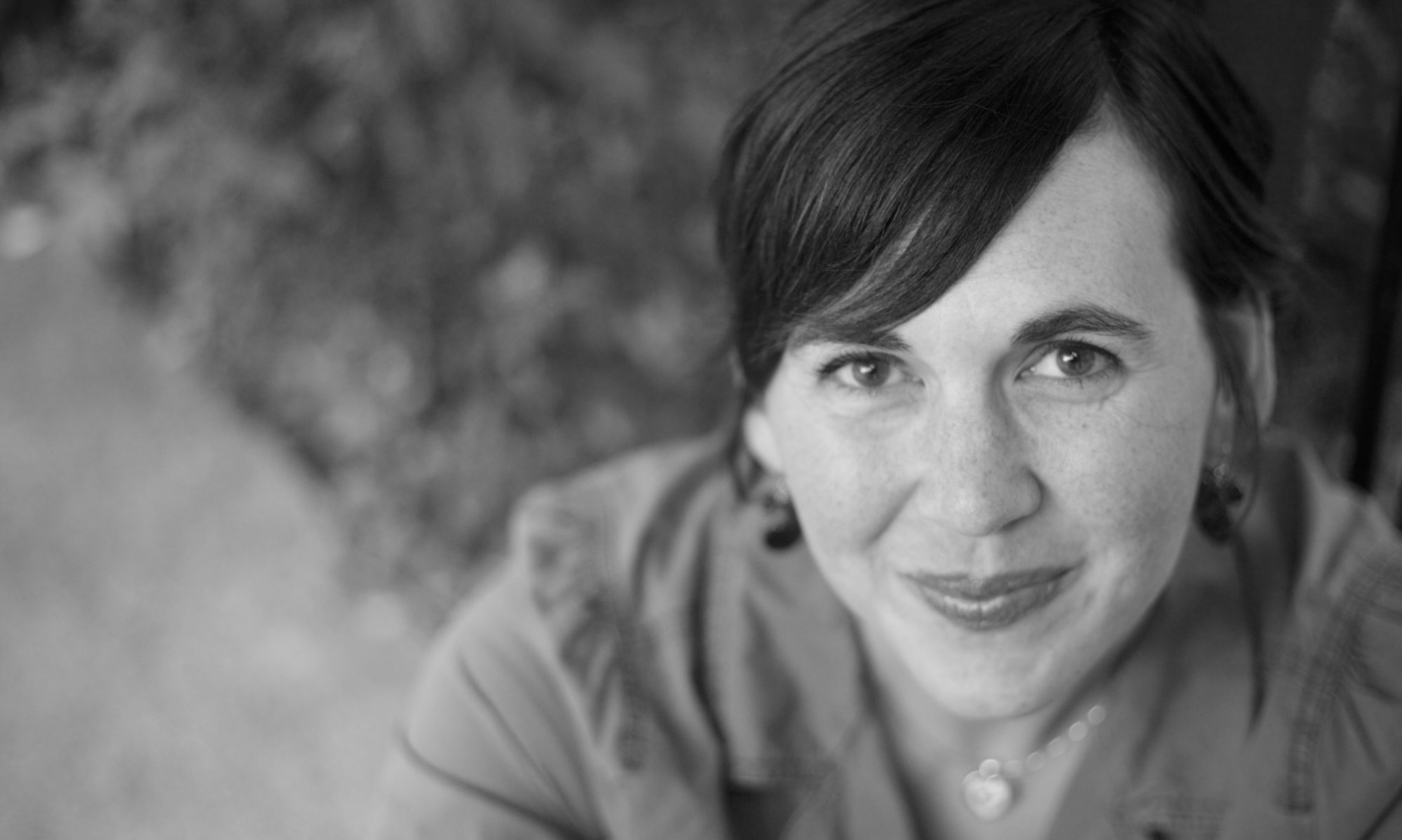I was going to write about something different today- I actually have a series up my sleeve- but in my Bible Study this morning, another issue sprang up that I really want to talk about from seriously personal experience.
And that topic is CONTROL.
“Controlling people” may or may not know this about themselves, but what they/we truly need is safety. They have some unresolved pain, fear, and sense of responsibility they may not know how to satisfy. They need assurance and clarity. They need encouragement and peace. They need to learn again to trust. They need to know they aren’t all alone up there keeping the world together.
We become controlling when we live out of a place of fear for too long, fear that settles in when we feel like no one is leading well and no one is meeting needs well and one day we wake up and we hate where we are. Subconsciously or right-out-loud, we say, “This is changing here and now, and I’m going to make it happen my way!” Sometimes this leads to healthy assertion, and sometimes it leads to trying to control things and people that are simply not our’s to manage. When this happens, there will almost always be anger as a result. If anger is turned outward, we know what that looks like: if anger is turned inward, it becomes depression.
Whether it is “real” fear, like major disruptions of trust and physical/emotional danger, or it is “felt” fear, like being constantly disappointed by someone’s lack of love and help, we develop defense mechanisms to protect ourselves from the memory of that pain as well as future pain.
But just like with all defense mechanisms, love can overcome the need for them! How can we best love people who constantly have to know what’s happening, seem to have to have it their way, or are never truly satisfied?
One, they need to know they aren’t alone. Understanding of how their minds work, communication of plans and ideas, and the reliability of team members can go a long way in being in a great relationship with someone who tends to be controlling. Believe it or not, “controlling people” don’t necessarily want to be in charge and they can handle being led—many are crying out to be led if they can relax and know they can trust their team to talk them through something when worries or questions come up. They might act like they want to be a Lone Ranger, but I don’t buy it. Fear is the driving factor in choosing to be an island.
The second way we can love people who struggle with this is, well, love. Not judging and being irritated by their high strung, frustrated, or critical behaviors will be hard, but we can choose to see behind those sin habits to the frantic person inside. We can help calm and soothe, we can help bring peace to those restless waves, and these behaviors might change quite quickly when those inner needs are addressed. We can also, in love, share the way their behaviors make us feel. We can encourage them with small challenges and insights. While we cannot change anyone, I’m gonna be a hippie here and say I believe in love and its power to change people!
SO. I can relate to both sides of this coin. I have controlling people in my life that I am beginning to see in a new, more compassionate, light. Also, in my fleshly, un-redeemed nature, I grew to be very controlling in my first couple years of marriage because those years felt chaotic after my structured, safe, tightly-held-together childhood and college years. It was a paradigm shift and a new type of relationship I did not have any skills to handle well. I had a strong sense of wanting to do everything in my newly adult life “right”, but felt a power struggle with my husband as his opinions of “right” didn’t always match mine. Also, I had major health problems that made me feel like I was in a power struggle with God!
My first session of counseling, to my remembrance, was with a very insightful woman when I was maybe around 35 years old. After probably starting out our session with a 20 minute personal monologue (verbal processor here!) she said, “So when did you start believing you had to be God?”
I remember feeling like the wind had been knocked out of me…and that I was talking to the right lady.
Control is ultimately fearing that we have this responsibility to do God’s job yet overwhelming pain comes when we realize we are failing. Of course we would be failing; the whole premise is wrong! God alone is God and God alone is good at being God, and we must understand the difference in our roles.
Will we let Him be Lord over every part of our lives or will we keep holding some things very, very close and out of His reach?
Will we trust Him to be Savior for our kids and loved ones, when we know there is nothing else we reasonably and prayerfully should be doing to protect and guide them?
Will we “be still and know that He is God”? (Ps. 46:10)
The possibilities of failure and pain will always be there.
But the pressure we put on ourselves to keep that failure and pain far from our personal doorstep can be relieved.
We can exhale. We can stop living from a place of fear and live from a place of love – knowing God will give us and our loved ones the perfect amount of help from on high when we need it, come what may.
Knowing Who He is gives us the sense of safety we need to bear with one another and dissipate our personal hold on all the things we carry.
“When anxiety was great within me, your consolation brought me joy.” Ps. 94:19

